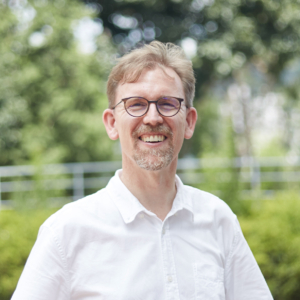
Over the past century increasing anthropogenic greenhouse gas emissions have become the main driver for global climate change. In response to the corresponding increased downward infrared radiation, the earth’s surface warms, Arctic sea-ice retreats, sea level rises, climate and weather patterns shift. The absorption of anthropogenic CO2 by the ocean affects ocean chemistry, leading to Ocean Acidification and fish-hypercapnia. To cope and adapt to the resulting environmental and ecological changes, humanity needs robust estimates of both force climate change and internally generated variability on global and regional scales.
Many decisions on adaptation and mitigation need to be made over the next decades to limit climate damage costs and prevent long-term irreversible loss of coastlines, human livelihoods and ecosystems. Making such decisions has proven difficult, in particular in the context of the prevailing uncertainties in our physical understanding of the climate system. Some of the most persistent uncertainties are related to the overall sensitivity of our earth system to greenhouse gas forcing, cloud-feedbacks, regional patterns of future rainfall changes, the nature of carbon cycle/climate feedbacks, potential ice-sheet thresholds and the magnitude of the projected global and regional sea-level rise. Addressing these scientific challenges requires a concerted multi-disciplinary effort.
Here at the IBS Center for Climate Physics (ICCP) in Busan, South Korea, we provide a world-class international research environment to improve our basic understanding of climate and its variability, to develop new research frontiers in earth system science and to perform skillful decadal earth system forecasts and improved longterm projections by means of high-performance computer simulations.
Prof. Axel Timmermann
Director, IBS Center for Climate Physics